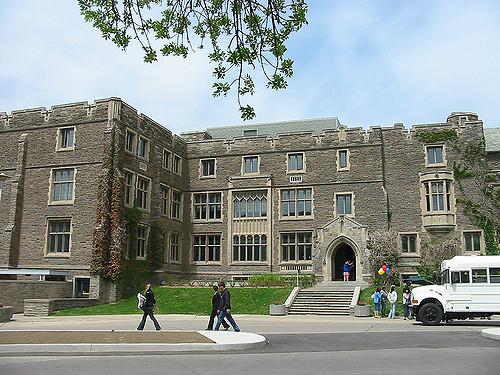The student union at McMaster University, which shut down China’s Confucius Institute years ago, has banned a club with close links to Beijing.
The student union’s governing body made the decision this week to strip the student club status of the Chinese Students and Scholars Association (CSSA), citing a rule against conduct that would put the safety of people at risk.





